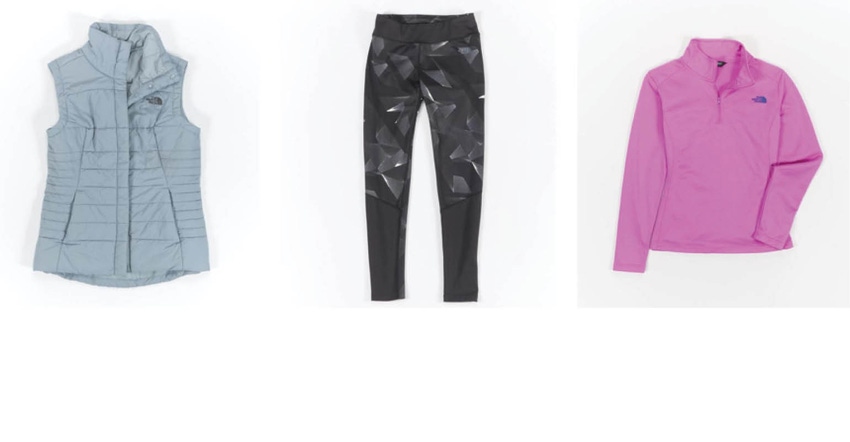The North Face Reduces Textile Waste Via New Clothing Line
The North Face Renewed is comprised of quality clothing items made from returned or defective items.

Textiles are now the fastest growing type of waste, accounting for about 16.2 million tons in the U.S. And in an effort to reduce this waste, The North Face has launched The North Face Renewed, a new clothing line comprised of quality clothing items made from returned or defective items.
The new line is currently in a pilot phase that will last from June to September. After the pilot, the company hopes to develop a long-term model for The North Face Renewed.
In addition, the company is testing in-store collection bins for used clothing. It already has collection boxes in stores for clothes and shoes to be recycled and turned into other products, but adding the option to refurbish clothing will help close the loop and encourage more customers to make use of the boxes.
Fast Company has more information:
If you buy a jacket from a just-launched pilot collection from The North Face, someone else might have already climbed a mountain or run a marathon in it. Called The North Face Renewed, the products are sourced from returns or defective items, cleaned and repaired to the quality of a new piece of clothing, and then sold online at a discount, as part of the company’s move toward a more circular business model.
“It just represents a really important next step in the evolution of our overall business,” says Tim Bantle, a general manager and vice president of lifestyle brands at The North Face. The company recognizes the apparel industry’s waste problem: 85% of textiles end up in a landfill. Even though the company makes products that are designed to last longer than average–items come with a lifetime guarantee, and the company offers repairs–it still had an opportunity to curb waste. Patagonia sells refurbished clothing through a similar online store.
About the Author(s)
You May Also Like


